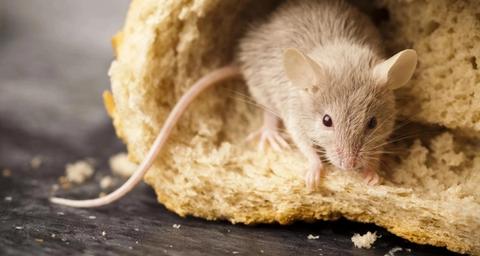Rats in your home or garden
Encountering rats in homes or residential properties and gardens is more prevalent than one may realize. They approach human settlements looking for food, water and shelter, and they find all this easily near us. Rats establish their nests and burrows in various locations such as sheds, walls, garages, attics, soil, densely grown vegetation, and many other hiding spots.
The presence of rats in your residence or garden can lead to significant harm to both your property and stored belongings. Rats represent a real hazard since they can transmit dangerous diseases to humans and pets via direct or indirect contact (bites, contaminated food and water, contact with feces and urine, etc.).
Eliminating rats can be quite challenging
Rats are very intelligent animals who rapidly adapt to evade traps and get used to repellent methods like strong odors and ultrasounds.
They can even become resistant to certain rat poisons, and in any case, poison is not the most advisable method to control a rat infestation since it can be dangerous for children, non-targeted animals, and the environment.
Are rats dangerous?
Wild rats typically avoid human contact and are not a threat unless they feel trapped or provoked. It's important to refrain from attempting to capture a wild rat using your bare hands to prevent potential bites or scratches.
The risk resides in the direct or indirect contact with them. Rats have the potential to transmit severe illnesses to humans such as rabies, cholera, the plague, hepatitis or salmonella. Transmission can happen through direct contact, bites or indirectly through ingestion of contaminated food or water that has come into contact with rodents or their droppings.
In addition, the corpses of dead rats in walls, crawl spaces or in the attic may also attract other vermin, which can also have adverse consequences.
Moreover, their gnawing can cause severe infrastructural damage, ruin crops or stocked goods, and destroy wiring in machinery, equipment or vehicles.

